Tsawout First Nation councillor John Paul Etzel stood up and posed a central question for hundreds of people gathered this week to preserve the future health and prosperity of the Salish Sea.
At what cost do we pursue economic growth when faced with the anticipated surge in oil tanker and shipping traffic when the Trans Mountain pipeline and Roberts Bank terminal expansion projects come online?
The numbers around how much vessel traffic will increase vary, said Etzel, but his nation on southeastern Vancouver Island is already feeling ecological and cultural impacts from shipping right now.
Despite steep declines in salmon populations, Tsawout fishers still rely on their territorial waters to provide food, but pollution from nearby marine corridors is affecting harvesting grounds.
“All you can see is black soot that comes up with our traps and that’s just one little corner of a [shipping] corridor,” Etzel said, speaking at an event at the Salish Sea Symposium hosted by Transport Canada in Vancouver this week.
Collective action is urgent to preserve the ecologically sensitive and rich inland sea that stretches the border from Olympia, Wash., north to Campbell River in B.C., he stressed.
“I’m all for economic growth … but we need to be proactive instead of reactive when it comes to … marine shipping through our territories,” he said.
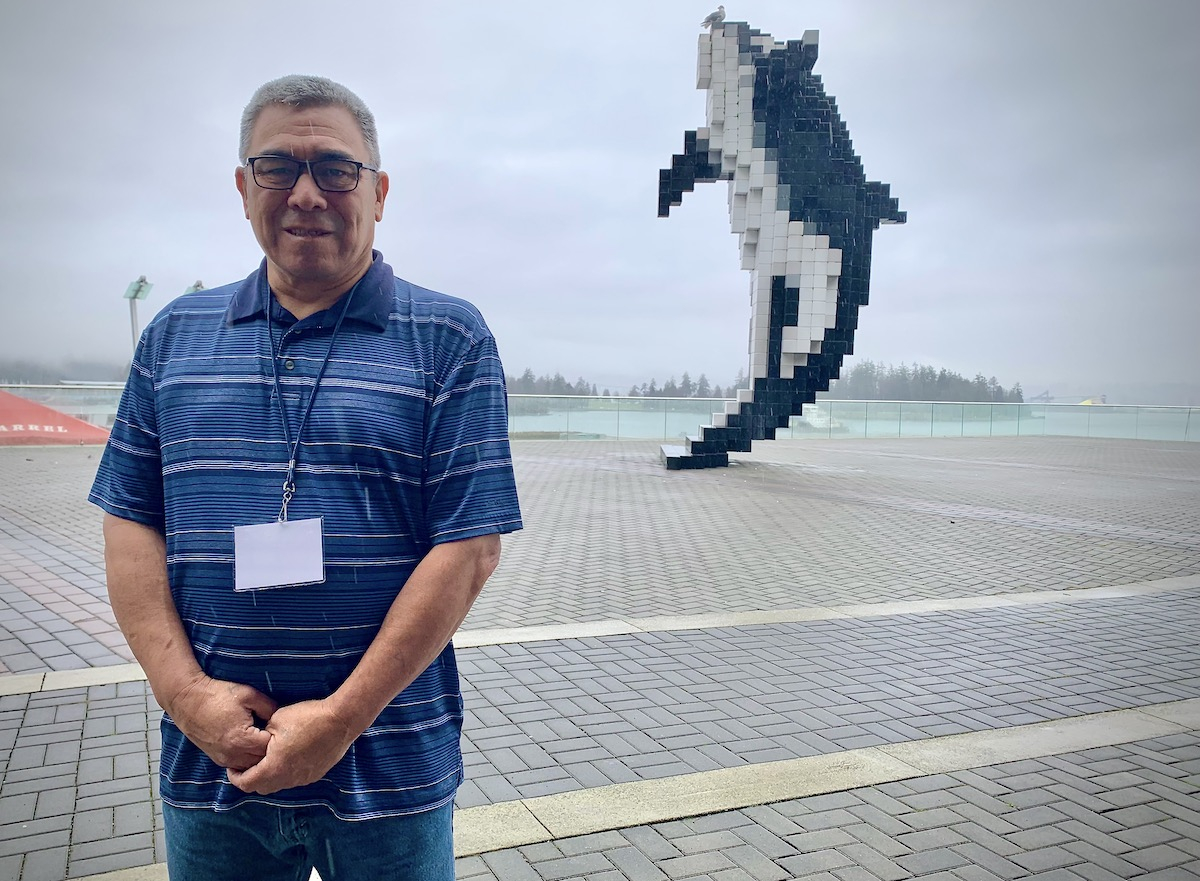
“If we don't protect the waters before there's a big economic explosion, what are we going to live on when there is no more salmon and when there is no more shellfish? When marine life is decimated from the pollution from all the vessels?
“Can we eat economic growth? I don't think so.”
Oil tanker traffic in the Salish Sea from Trans Mountain’s Westridge Marine Terminal in Burnaby is expected to spike when the delayed and over-budget pipeline — set to nearly triple the flow of crude oil from Alberta to the West Coast — is complete in the first financial quarter of this year.
New berths at the terminal will load approximately 34 tankers a month, up from an average of five vessels, according to Trans Mountain.
A federal review determined the Roberts Banks terminal project would destroy habitat in the Salish Sea for endangered southern resident killer whales and the chinook salmon they rely on, as well as increase underwater noise pollution and the threat of vessel strikes on whales.
However, greenlit by the federal government in April, the Roberts Bank expansion will double the capacity of the Port of Vancouver and the Westshore facility (near Delta, B.C.), extending it further into the Fraser River estuary at Roberts Bank by the middle of the next decade.
The Vancouver Fraser Port Authority predicts the number of vessels it serves will remain static, although the size of the cargo ships passaging the Salish Sea will get bigger.
The expansion is necessary to guarantee supply chains and alleviate bottlenecks at the Canada Pacific Gateway, the country's largest trade corridor worth $275 billion annually, the port authority said.
The project will provide economic benefits including approximately 18,000 construction jobs and an estimated $3 billion in annual GDP once complete, according to the port, which also cites collaboration with Indigenous groups to develop key environmental mitigation initiatives.
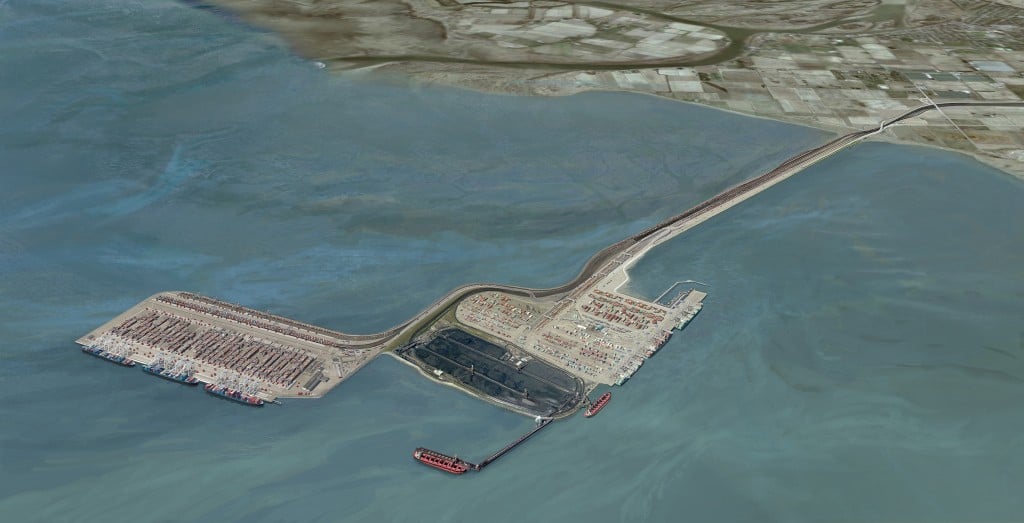
T’Sou-ke First Nation Chief Gordon Planes, a panel member at the symposium, acknowledged Etzel’s question was a difficult one, especially given the region’s economic dependence on shipping.
“These are hard questions,” Planes said
“It does make people uncomfortable, but it should make us all feel uncomfortable.”
It is critical to collect information on the impacts and use it collectively to devise strategies for action, he said.
There’s the need to widen the scope of protecting the Salish Sea by paying attention to the degradation of watersheds on land due to industries like forestry or mining.
In addition, the scale of investment needed to protect the length of the Salish Sea has to be in the billions rather than millions, Planes said, also questioning if shipping should remain “free” given the impacts on the marine ecosystem and the costs to protect or restore it.
“There should be a toll coming across the straits for ships coming in,” Planes said.
“Seriously. I think of the billions of dollars going by our front door every day to invest in the environment to ensure that [shipping] has that highway.”
The baseline for success when talking about restoring nature like salmon populations must reflect the knowledge of abundance passed down by his elders and what he experienced during his own youth, Planes said.
“I’m able to pass [those stories] down to my grandchildren because they won’t see that,” he said.
“It’s really important not to forget what it used to look like.
“Maybe we can bring salmon back to where they were so our grandchildren can tell those stories.”
— With files from Natasha Bulowski / Canada’s National Observer
Rochelle Baker / Local Journalism Initiative / Canada’s National Observer
Excellent article. The First
Excellent article. The First Nations leaders make serious and valid points. Is anyone listening?
There are good reasons to doubt the economics behind TMX and Roberts Bank 2, mainly on the generously estimated dependency on fossil fuels for decades to come. The IEA alone has been warning investors they risk their carbon assets becoming stranded assets beyond 2030 given the very high rate of growth in renewables worldwide. The TMX tanker traffic may have a long bump up this decade, but would likely experience a tapering off as solar, wind, geothermal and batteries rise up as a cheaper replacement for oil, gas and coal in domestic and export markets.
IEA reports seem to be routinely dismissed as inconvenient hindrances to the economic justifications for these last century projects. But they can never dismiss the powerful economics of price and value for money, two important parameters within which renewables outcompete fossil fuels.
Canada and BC have no business exporting thermal coal from any source. Metallurgical coal is a different beast, mainly because we export it in able to import the essential steel products it makes possible.
One vision would be for Canada and BC to launch into making its own green steel using clean electricity via electric arc furnaces and electrolysis. The feds and the province could make a multiple billion dollar subsidies available (not unlike for EV battery plants) for every green steel plant built at home for the domestic and export market.
A policy like that would diminish the need for the expansion of Roberts Bank, namely by removing the coal function (the big black rectangle in the aerial photo) and replacing it by expandibg the container facility, perhaps coupled with another bulk grain port on the same footprint.
Another economic factor not fully accounted for is the economic and environmental costs of a major oil spill in the Salish Sea. Just one tanker compartment breaking open in Boundary Pass or Juan de Fuca Strait will no doubt result in a multibillion dollar lawsuit from Canadian and American marine interests.
TMX and the courts overlooked these concerns and seemed to dismiss First Nation's input in that regard, despite their Constitutional rights to informed consent which, to my knowledge, was never given. Quite the opposite, actually.
Eventually, TMX and other fossil fuel projects will need to be written down to one extent or other likely in the 2030s. They will probably be incrementally displaced --i.e. not shut down suddenly -- as renewables take over. All this will have economic consequences and pose environmental risks until the oil, gas and coal finally stop moving through the Salish Sea.

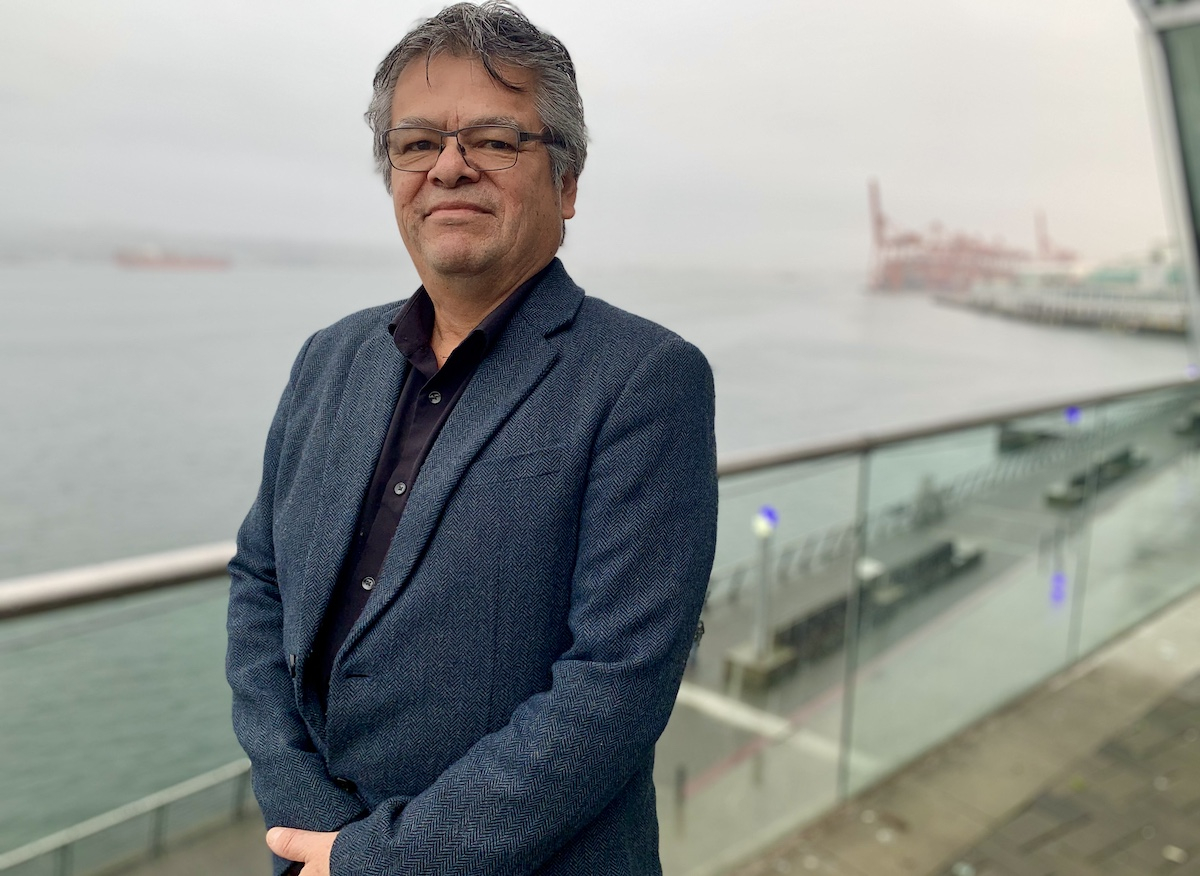

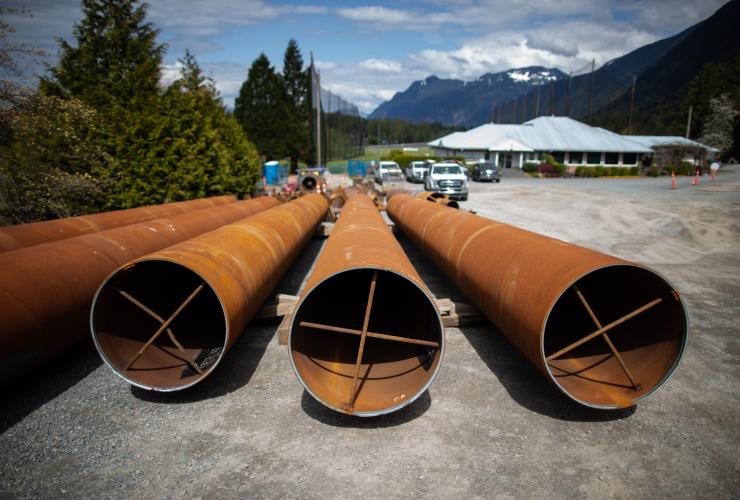
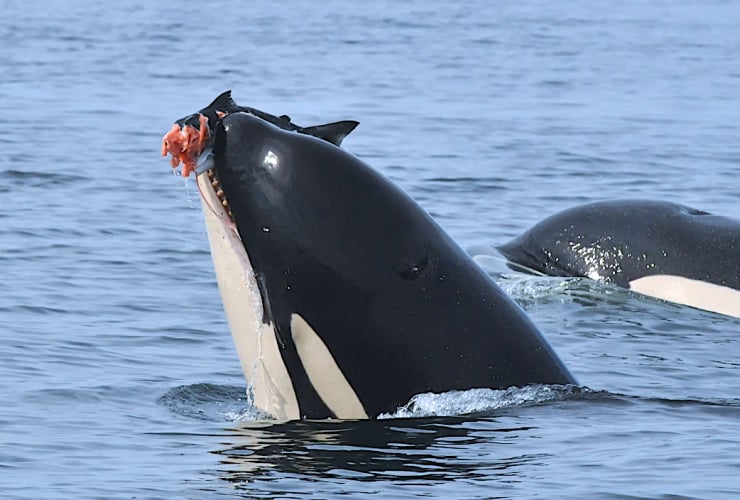
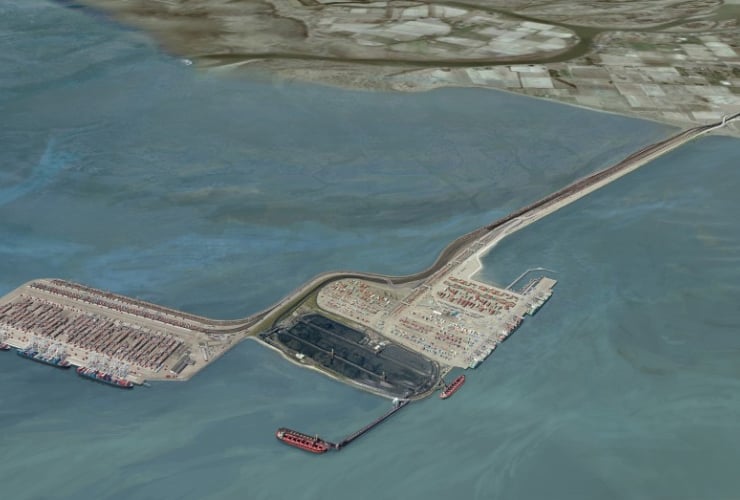
Comments